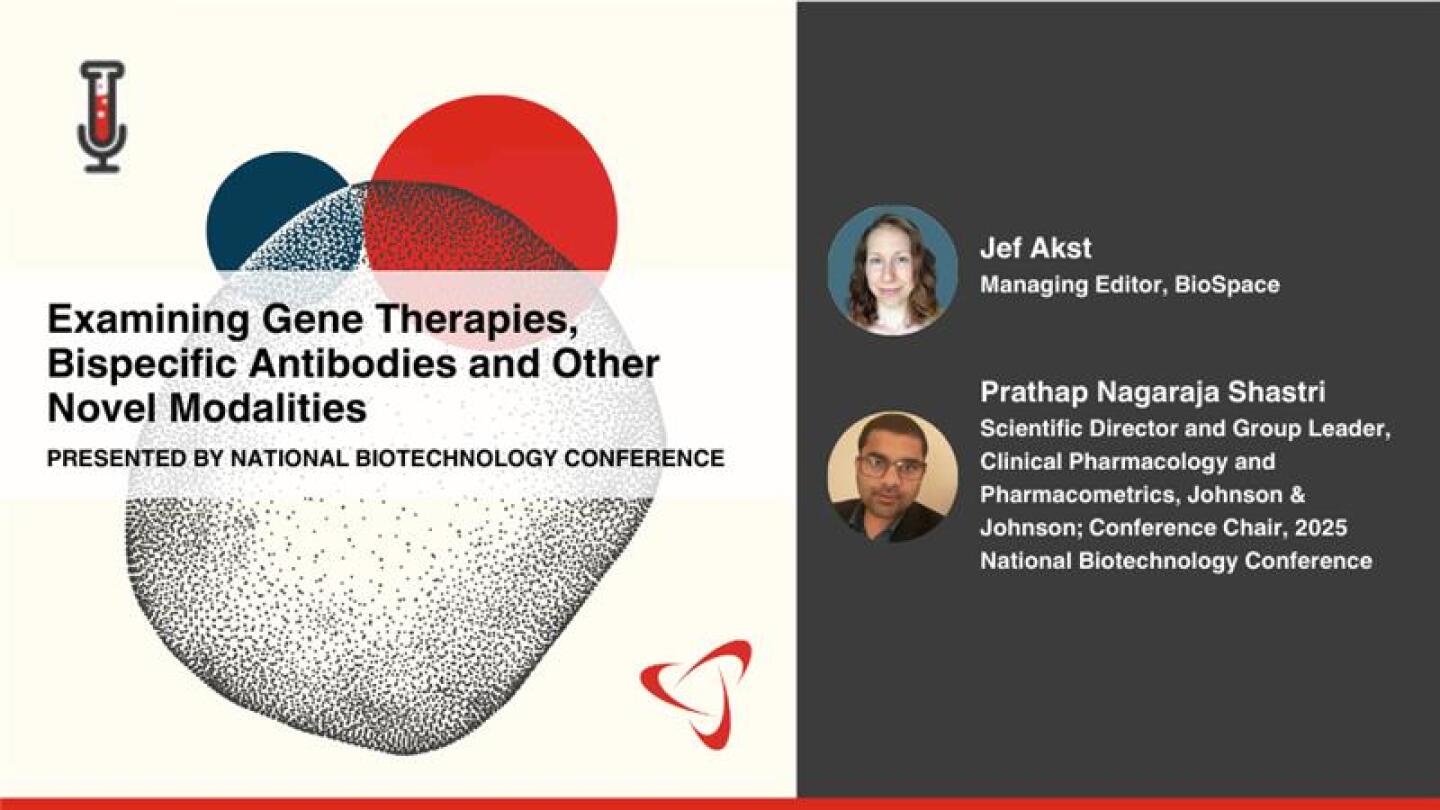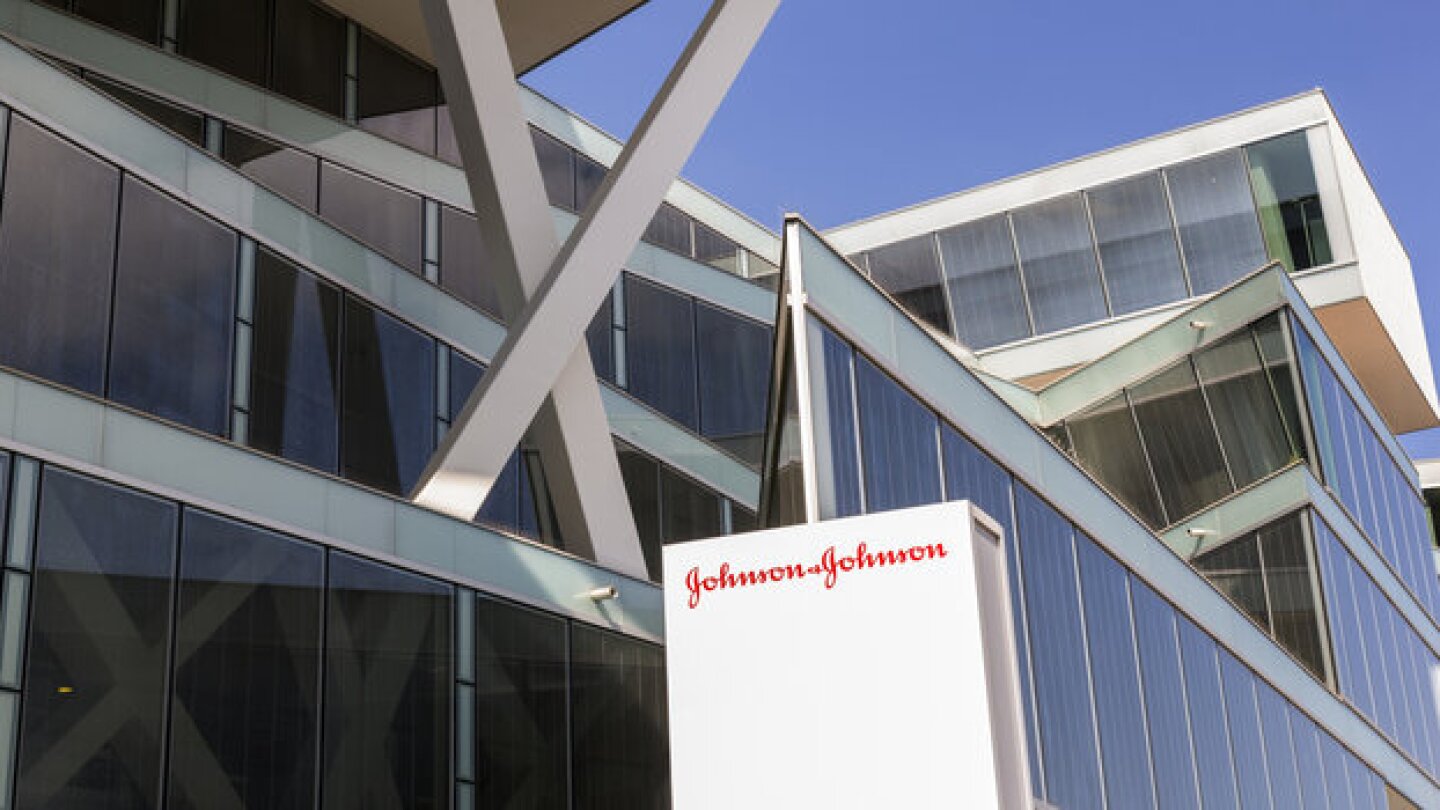News
Spruce Biosciences is cutting over half of its employees as it looks to secure accelerated approval of a Sanfilippo syndrome therapy it recently acquired from BioMarin.
FEATURED STORIES
Summit Therapeutics’ ivonescimab has the potential to challenge Merck’s blockbuster checkpoint inhibitor in non-small cell lung cancer, but experts stress the need for diverse and overall survival data.
The release of early-stage data on three oral weight loss drug candidates hints at which companies have the strongest hand, but the comparisons are rife with confounding variables, leaving analysts unsure about where to place their bets.
Last month, Vertex said sickle cell patients had not yet received infusions of its gene therapy Casgevy. That’s now changed, as the company races with bluebird bio’s Lyfgenia.
Job Trends
Illumina Inc., a global leader in DNA sequencing and array-based technologies, announced the launch of the Global Health Access Initiative to support access to pathogen sequencing tools for public health in low- and middle-income countries.
FROM OUR EDITORS
Read our takes on the biggest stories happening in the industry.
The FDA has vowed to fix a pharma ad loophole—but they’re targeting the wrong one.
THE LATEST
BridGene strikes another partnership with Takeda as the latter company continues its dealmaking streak, following high-ticket agreements with Keros Therapeutics, AC Immune and Degron Therapeutics in the past nine months.
At the 2025 National Biotechnology Conference, gene therapies, bispecific antibodies and other novel modalities—relative newcomers to medicine—will be much discussed. In this curtain raiser, BioSpace speaks with conference chair Prathap Nagaraja Shastri of J&J about these highly anticipated topics.
The Outsourcing Facilities Association, a trade group representing compounders, filed a similar lawsuit in October last year after the FDA formally ended the tirzepaptide shortage.
Samsung Bioepis allegedly entered into an agreement with a third-party health company, allowing it to market its own private label of a Stelara biosimilar.
Deerfield Management claims that Alcon Research is seeking a discounted takeover of Aurion Biotech while blocking the startup’s efforts to go public.
The industry remains unwavering in the commitment to increased clinical trial accessibility and representation.
Price-negotiation provisions that are out of step with reality are discouraging funders and Big Pharma partners from investing in potentially transformative therapies. Fixing some of the unintended consequences of the IRA will clear the way for innovative medicines to reach patients in need.
Pemgarda has a standing emergency use authorization as a prophylaxis for immunocompromised patients, but FDA’s stringent requirements for antibody activity boxed out its potential use as a post-exposure treatment.
The treatment, called DB-OTO, is one of several early-stage gene therapies being developed to treat relatively straight-forward causes of genetic deafness.
The World Health Organization names antimicrobial resistance as one of the most urgent public health threats, but it remains an unattractive target for the pharmaceutical industry due to its weak profitability.

















